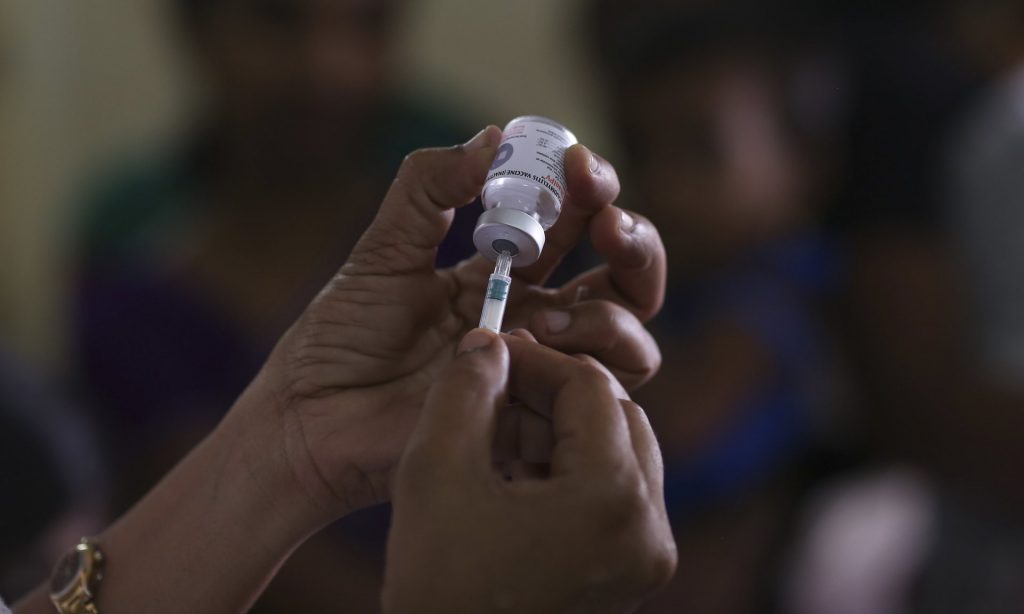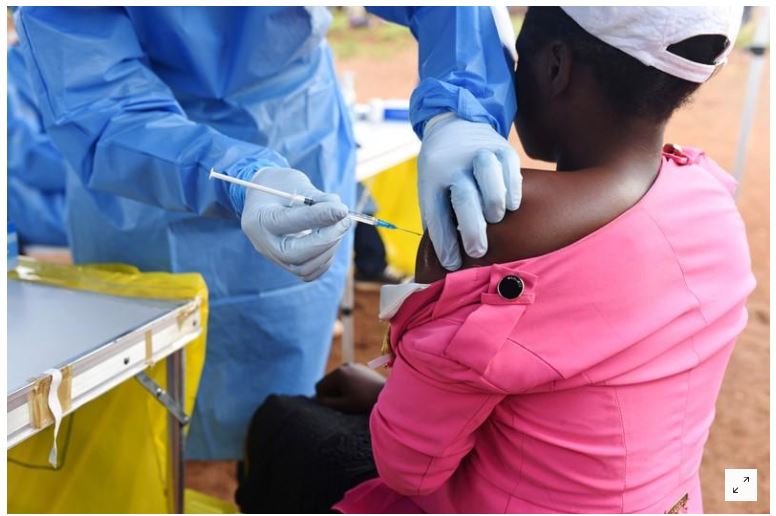
Lebanon’s health ministry on Thursday rejected a court order for it to swiftly vaccinate an elderly man against COVID-19, accusing the judge of trying to score points in the media following a scandal over queue-jumping by lawmakers.
Wednesday’s court order followed a complaint by 80-year-old Joseph al-Hajj, who filed suit after about a dozen members of parliament – most younger than him – received their jabs last week, violating the country’s roll-out plan.
Rejecting the ruling by Urgent Matters Judge Carla Chawah – which said al-Hajj should be vaccinated within 48 hours, the health ministry said he would receive the vaccine “sooner or later”.
“(Chawah’s ruling was) a decision formulated for the media,” the ministry added in a statement.
Soon after the vaccination of the lawmakers came to light, the World Bank threatened to suspend its funding of Lebanon’s immunization programme.
The ongoing row has fueled widespread public anger over corruption and perceived state mismanagement amid a political and economic crisis.
In her ruling, Chawah said the ministry had violated “the principle of equality” before the law and al-Hajj’s right to life and health.
She said it should pay a fine of 10 million Lebanese pounds ($6,500) for every day that al-Hajj’s vaccination was delayed beyond the first 48 hours.
The decision cited international law and the Universal Declaration of Human Rights, meaning it could have implications for any other countries where officials are accused of jumping the queue, legal experts said.
“It’s significant that the judge based her decision on everyone’s fundamental rights,” lawyer Nizar Saghieh, the founder of watchdog NGO the Legal Agenda, told the Thomson Reuters Foundation.
He criticised the health ministry’s response to the court ruling.
“(It is) the typical reaction from the political class in Lebanon, which tries to undermine every positive judicial decision that could be in the public interest or meets social expectations,” he said.
Lebanon began its COVID-19 inoculation drive on Feb. 14 and has secured enough vaccines for about half its six million population, though less than 70,000 have so far received a first dose.R

